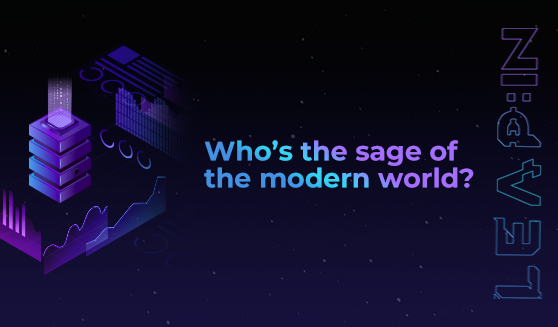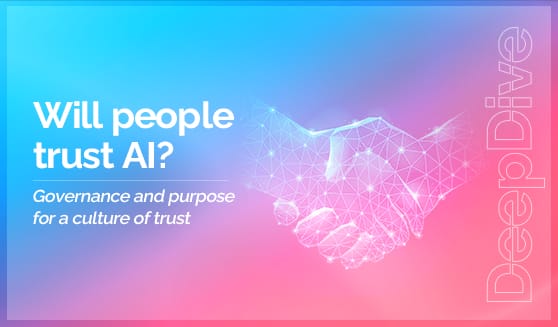
Artificial intelligence stands to revolutionise everything from healthcare to education. But there are concerns that AI has the potential to do so in an unfair way, due to bias having crept into its algorithms. As we see more and more artificial intelligence applications in daily life, it’s important to ensure that it works in a way that treats everyone equally, and, perhaps, diversifying tech is the way to do it. Here are five things to know about how the future of ai depends on a greater mix of employees within the tech workforce.
1. A non-diverse AI community has led chatbots to adopt hate speech
In 2019, New York University’s AI Now Institute conducted a survey of more than 150 studies on issues of gender, race and class for artificial intelligence and machine learning. It looked at instances where an Amazon hiring tool discriminated against female job applicants and a chatbot began making sexist and racist comments, less than 24 hours after being launched. Their conclusion? These instances occur due to a “diversity disaster” within the gender and ethnic makeup of tech workforces.
2. Lack of diversity could cause race-based discrimination in the justice system
When it comes to artificial intellligence and data science, AI-driven facial recognition software is one of the more problematic areas. It’s repeatedly been shown to be less accurate at identifying non-white faces, with companies like Facebook and Amazon having to abandon projects within the field. Nonetheless, this artificial intelligence technology is increasingly used in identifying criminal suspects in the US and the UK.
Last year the US had its first wrongful arrest based on incorrect facial recognition software. The reason, according to the UN? “The images used to train it had mostly been of white faces.” It’s hard to imagine an oversight like this, were there more non-white employees in tech.
3. The more global the tech workforce? The less AI-based inequality
Artificial intelligence’s future is undoubted, leading to big economic gains for countries with strong AI industries. The location of most of the companies creating artificial intelligence projects? According to the UN, “AI tools are mainly designed by developers in the West.” The more global the tech workforce becomes, the more that AI-based revenues will be spread around the world, serving to counter, not reinforce inequality.
4. Until AI works well for everyone, it won’t be fit for purpose
Not only does AI bias lead to less ethical artificial intelligence, it inevitably hinders its success. Cambridge-based AI speech recognition provider Speechmatics recently made headlines by launching software whose accuracy outperforms Google and Amazon. They did it by addressing racial disparity in voice recognition software, training its AI on accented voices and achieving an overall accuracy of 82.8% for African American voices compared to Google’s 68.7% and Amazon’s 68.6%.
“For AI technology to be truly useful to the world at large, it has to be globally representative,” says CMO David Keen. “We cannot and must not build AI systems for an elite set of users. It is unethical but also doesn’t make commercial sense.”
5. There simply is no better way to make representative AI than with a diverse workforce
If it’s to become more efficient, the development of artificial intelligence needs a more diverse workforce. According to Keen, it’s an inevitable step in improving AI applications in real life, because improving artificial intelligence as a service only results from a range of perspectives.
“Strength and innovation don’t come from homogeneity. It is fascinating to see how much tech skews to the make-up of the tech team developing it. We need to recognise that we naturally ‘build for our own’,” he says. “Inclusion is a mindset and needs to be ingrained into the culture of the business and mapped to the bottom line.” When it comes to creating the best AI possible, this seems to be the only conclusion.








